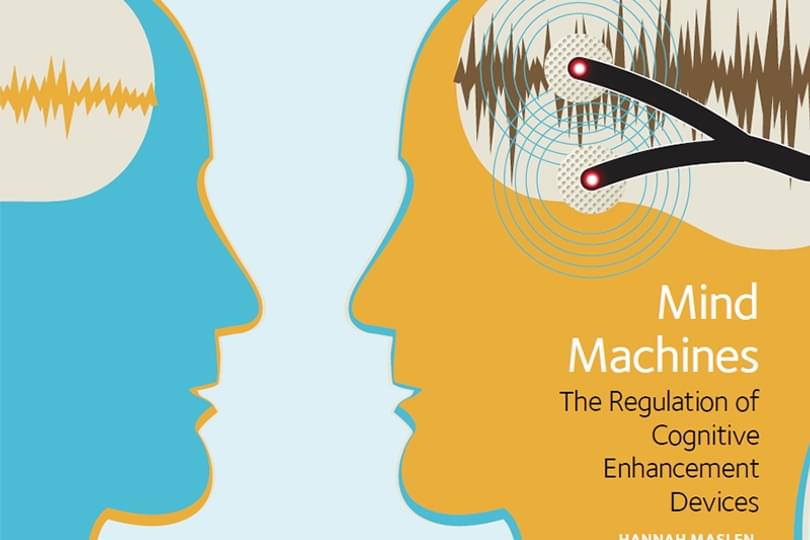
Work by Oxford Martin School academics on the ethical and philosophical aspects of human enhancement is helping to inform European Commission recommendations on the rapidly developing area of brain stimulation.
Dr Hannah Maslen, lead author on Mind Machines: The Regulation of Cognitive Enhancement Devices, a policy paper published by the school earlier this year, and her colleague Professor Julian Savulescu recently met with delegates from the Commission's New and Emerging Technologies Working Group (N&ET WG), to discuss particular challenges raised by the regulation of human enhancement technologies.
Since the publication of Mind Machines, which presented a model for the regulation of cognitive enhancement devices, the authors have been in contact and discussion with a number of stakeholders. The initial expert workshop, held in May, was attended by delegates from the Medicines and Healthcare Products Regulatory Agency (MHRA), the EC's New and Emerging Technologies Working Group and the Nuffield Council on Bioethics (amongst others). This workshop facilitated discussion about the feasibility of the proposals and established links between the school and regulatory stakeholders. Amongst the issues discussed was the question of how best to define cognitive enhancement devices for the purpose of legislation.
Following this workshop, Dr Maslen was invited to address the N&ET WG in Brussels in September. She presented a version of the policy paper and highlighted the key proposals made therein. As an outcome of this meeting, Dr Maslen was co-opted as a member of the ‘Horizon Scanning’ special interest group, whose remit is to identify paradigm-shifting technologies. Its current focus covers 3-D printing (including bio-printing), synthetic biology and human enhancement (including brain stimulation).